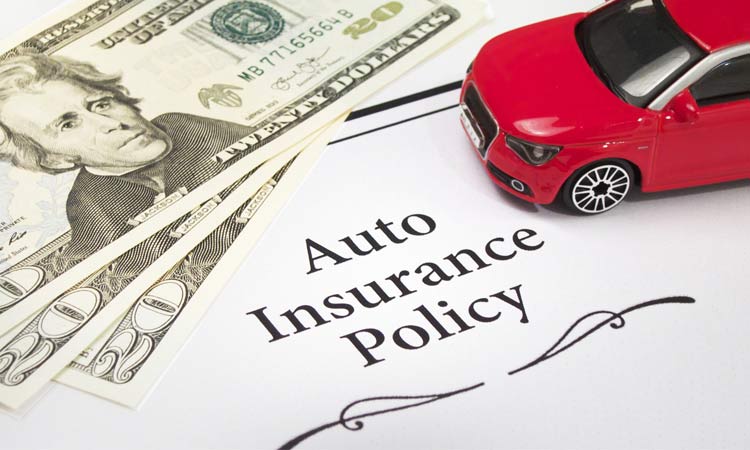Although car insurance policy is compulsory in India, over one-third of the vehicles plying in India fail to have even the compulsory Third Party Insurance coverage. To make matters even worse, numerous cars are running on the streets of major cities in India carrying fake insurance documents or may be some old insurance documents. As a result, numerous genuine claimants do not end up getting adequate claim as over 30 percent to 35 percent of the cars and 70 percent of two-wheelers presently in India do not seem to have any motor insurance policies, particularly in smaller towns and cities. With this sort of backdrop, it is quite natural for half the people to not know some of the important motor insurance terms. But these terms are very important and you need to understand them clearly as they are constantly in use while purchasing or renewing any motor insurance policy.
IDV (Insured Declared Value)
IDV is actually the present market value of your car. Insured Declared Value is supposed to be the maximum amount payable for a motor insurance policy by the insurer. It is, therefore, the highest sum you could claim in the event of complete loss of the vehicle, for example, if your car gets damaged beyond repair or is stolen. If you are buying motor insurance online, you must be familiar with all these oft-used insurance terms.
ODP (Own Damage Premium)
ODP is known to insure your cars against losses triggered by events that were outside the purview of your control. This would be including all-natural calamities like tornadoes and earthquakes. This would be including manmade calamities such as explosion and fire. It is actually the premium you are supposed to pay for availing insurance cover that is equal to your IDV and constitutes a chunk of your total car insurance premium.
Zero Depreciation Cover
While making a claim, you would find that standard insurance policies would be deducting depreciation on all replaced parts. But if you are having a Zero depreciation cover, you would find that insurance companies would be waiving off depreciation on all those replaced parts and that would mean that you would be getting relatively higher claim amount. This cover is usually, applicable only for your first few claims. So even if it would be demanding a higher premium, it would be wise to choose this if the claim amount is significantly higher.
NCB (No Claim Bonus)
This is fundamentally the discount you are eligible if you haven’t made any claim the last year. It is very much like some reward for using the car judiciously. This discount is pretty welcome as it is effective in substantially lowering the insurance premium which you would be required to pay while renewing your insurance policy. The NCB would usually be transferred easily from one insurance firm to another. However, it is only possible if the policy has been renewed within the first 90 days after the expiry of the last policy. It is, therefore, essential to make the claim at the earliest possible.
Third Party Cover
The third party cover would be protecting the car owner against any kind of financial liability, due to physical injury, death, or any damage to property belonging to the third party. Here the term is being used frequently because the policy’s beneficiary is supposed to be a person other than the insurance company and the vehicle owner, the two main parties involved in the insurance contract. A victim could, therefore, easily file a third party claim against the car owner involved. The car owner’s insurer would be paying for this claim obviously, on behalf of the car owner. As per Indian law, it is mandatory to opt for a third party cover at the time of car purchase. Make sure it is incorporated in the insurance contract.
Personal Accident Cover
It is the personal insurance cover that would be safeguarding you financially against unanticipated events such as permanent total disability or accidental death as a result of a road mishap. It is absolutely necessary to include this in your motor insurance policy.
Conclusion
The next time while purchasing or renewing your auto insurance, you should keep this glossary handy. It would help you to understand the insurance contract clearly and you would not end up feeling cheated by anyone due to your lack of knowledge of the basic auto insurance concepts.


Be the first to comment on "Most Commonly Used Terms & Concepts in Motor Insurance"